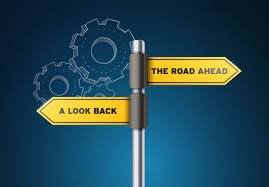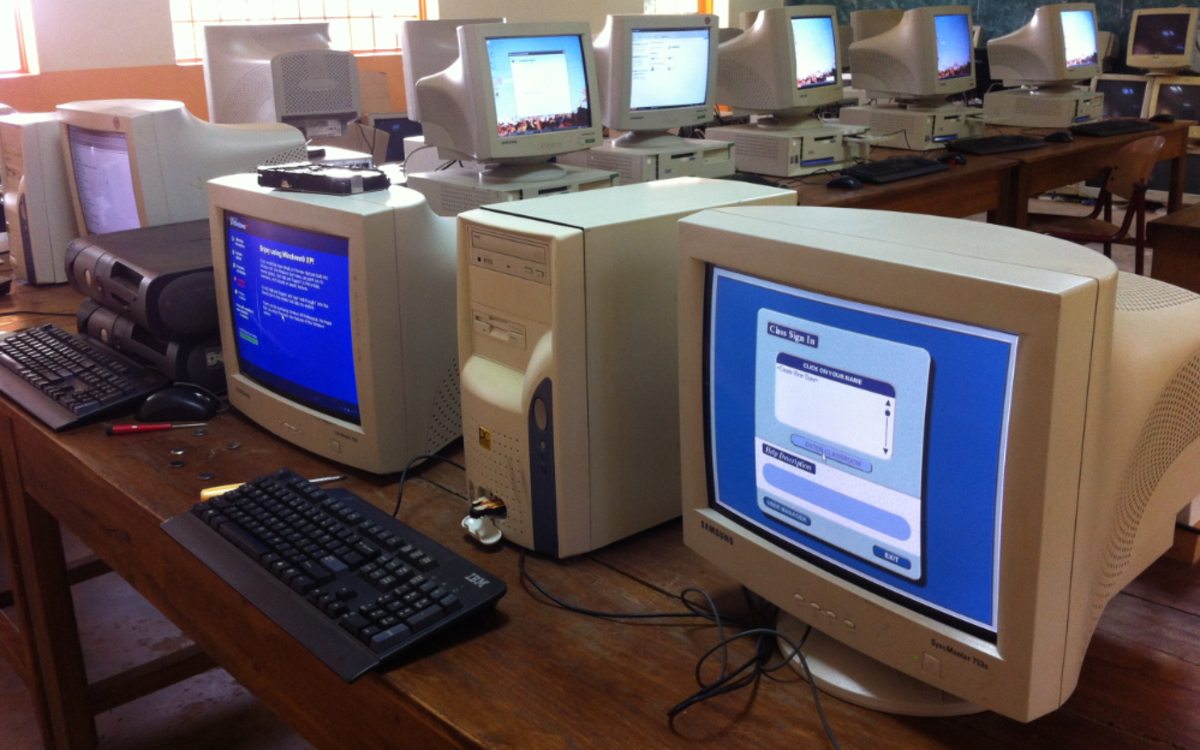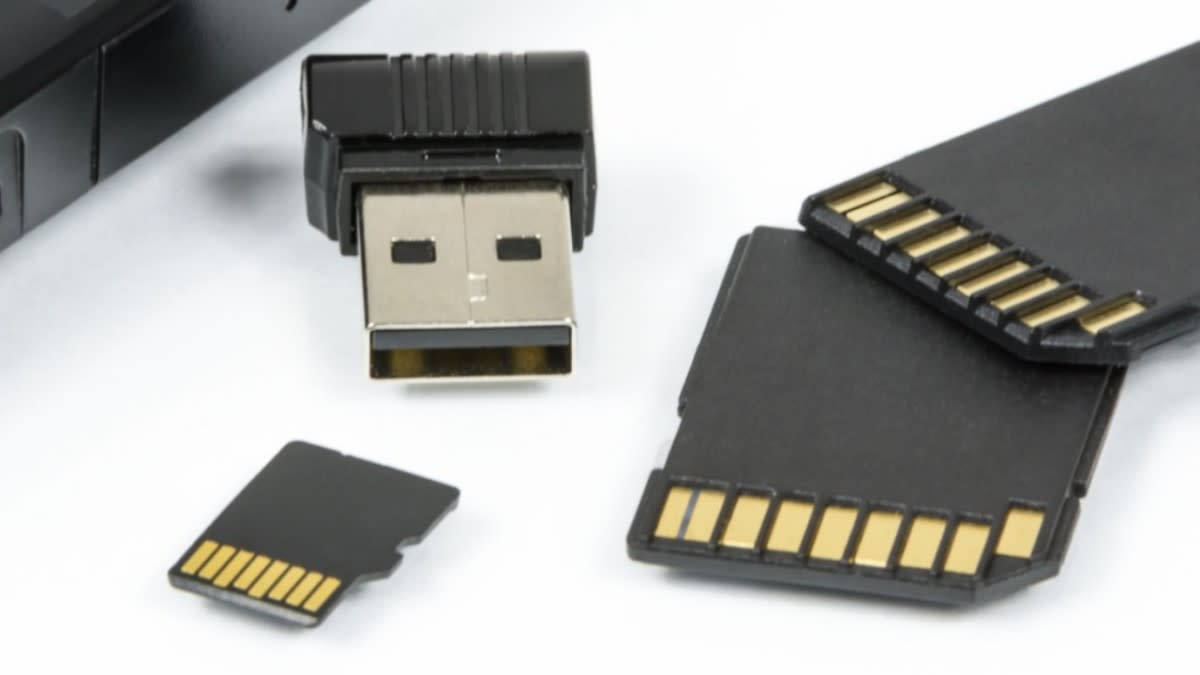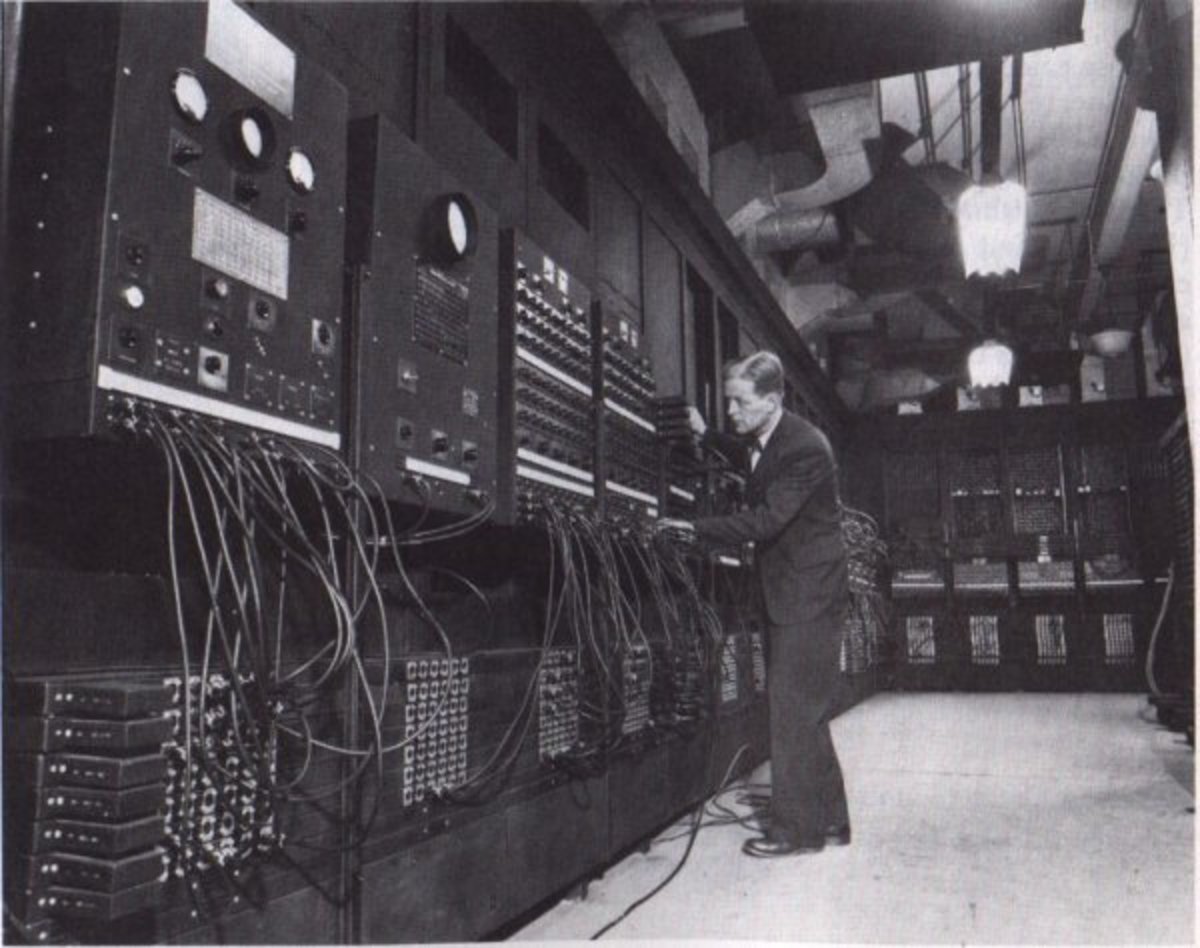Some Predictions I’ve Made

Introduction
One of my fellow hubbers challenged me to name some of the predictions that I’ve made over the years. I don’t have a crystal ball but I do have a good sense for technology and politics. I have been right about many things and wrong on a few others. Here is my list.
- Feb. 2019
The List...
- Personal Computer
- digital camera
- eBook reader
- paper
- AI
- cash
- Trump
Details...
The IBM personal computer came out in 1981. I was one of the first to order one. At the time, I was working for IBM and was entitled to an emplyee discount. Still, the cost was about $6000 with all the accessories and software. Being in technology, I am well aware of the power of computers. The personal computer was a different story. Many at the time were skeptical. Why would anyone need a computer at home? As it turned out, I was right. Now, I am at my 5 th generation of computers, replacing one about every 5 or 6 years. It is now a part of my daily routine, reading emails, creating documents, writing and pubishing, scanning and printing...
In the 1990s, I was working at IBM Research division on advanced imaging. We developed a high end CCD scanner to capture artwork and color film and photos. It was the most advanced system at the time and was deployed in many renown institutions such as the Library of Congress, the Vatican Library and the Hermitage museum. It was also the start of consumer digital cameras. At the time, the cost was still high, the resolution below par and the photos are grainy and noisy in the dark areas. The advantage was you can see the results right away and get a print or email to your friends and family. I bought one of the first digital cameras in the market. Now, I have gone through 4 or 5 generations and of course have a camera on my iPhone. The film camera is out of the mainstream. Very few places will even process consumer films any more. The demise of the Kodak Company was a shock even to me. I was right about the digital camera.
The eBook reader and paper. This is an interesting topic. In the beginning, I was on the fence about having an eBook. There are obvious advantages to have a soft copy reader. However, the eBook readers were never that easy to read or use. I predicted it would not replace books. The advantages of a paper book is just too hard to overcome. Even today, with the nook and the iPad, I still prefer to read a paper book. The magazine market has definitely declined and suffered. Most people are reading them online. I still have my subscription of Time magazine. In the 1980s, we were told of the paperless office as the way of the future. In 2019, we are still using paper and prints more than ever. I was right about paper. It will be here forever.
In the 1980s, while working at IBM Research, another department was working on artificial intelligence. They were hoping to make computers mimic humans. AI was the talk of the town. There were so much promise and expectations. If only we have a faster computer, all things are possible. It was also the beginning of Watson. They created a computer program that csn play chess and beat one of the top human chess champion. I was skeptical. I knew the problem with human intelligence was not only compute power. There are things our brain is capable of that a computer cannot do. The computer is good at calculations and it does it accurately and very fast. However, it cannot reason or think or make decisions that are complex. Even with the chess program, it was able to beat a human champion by studying past moves and perform a vast search to optimize the next counter move. It is not “thinking” like a human opponent would.
The cashless society was another popular theme. With credit cards and RFID chips, and ezpass, some think the paper money or coins will be obsolete. I predicted it will never happen. There will always be a need for cash. There is a whole underground economy that thrives on cash. It is not just convenience. It is the structure of the economic base that requires cash operations. Cash avoids all kinds of government regulations and taxes.
The election of President Trump in 2016. I made the prediction while vacationing in Shenzhen, China Sept. 2016. A group of family, friends and retired official were having a dinner party and one of the locals ask me for my thoughts on the election. I made the prediction that Trump would win over Hillary. They were dismissive and laughing. I had the last laugh on election night in Nov.
The Misses...
- palm Pilot
- smart phones
- Commercial drones
- Apple computer
Details...
To be balanced, here are a few misses I’ve made. In the 1990s, I was a big proponent of the Palm Pilot, PDA. This was a personal digital assistant that is portable, contains many apps, and sync with your home computer as bsckup. You can have all your contact info at your finger tips. It was before the advent of the smart phone. It also has a stylus which allow you to use graffiti instead of typing on a keyboard.
At the time, I thought a cell phone should only be used as a phone and nothing else. All other apps should be added to the PDA. It made common sense. I never imagined the advent of the smart phone which replaces all these devices including a camera, a GPS and thousands of other functions. The beauty of this scenario is that you only need to carry one device. The down side is you will use up the power before the day is out.
The second miss is the use of commercial drones. In my thinking, post 9/11, I just thought the use of commercial drones would open us up to terrorist attacks. For that reason, I thought our government would be smart enough to rule against the commercial use of drones despite the obvious advantages. I was wrong. It appears drones are here to stay. Amazon is using drones to deliver packages. What is to prevent a terrorist from using a swarm of drones for an attack in our airports or large cities? Food for thought.
My biggest miss was predicting the demise of the Apple Computer. In the late 1980s and early 1990s, the IBM PC was king. 90% of all businesses and homes uses the IBM PC and Windows. Apple computers had a niche market with graphic design and artists. They were easier to use with the GUI interface, but power users prefer to use the keyboard. The Apple computer, at the time was in financial trouble. They had removed Steve Jobs as CEO. I predicted they would go bankrupt or be sold to another company. Little did I know, they brought back Steve Jobs and then came out with the iPod...the rest is history. I should have bought AAPL stock then.
Summary
My predictions are not perfect. However, I have a pretty good record. In all honesty, predictions are not hard to make. You just need to analyze the situation and project forward in time.
Some Related Info
- My Top 10 Predictions for 2026
In 10 years, I predict some technology related items that are on the cutting edge today.
This content is accurate and true to the best of the author’s knowledge and is not meant to substitute for formal and individualized advice from a qualified professional.
© 2019 Jack Lee








